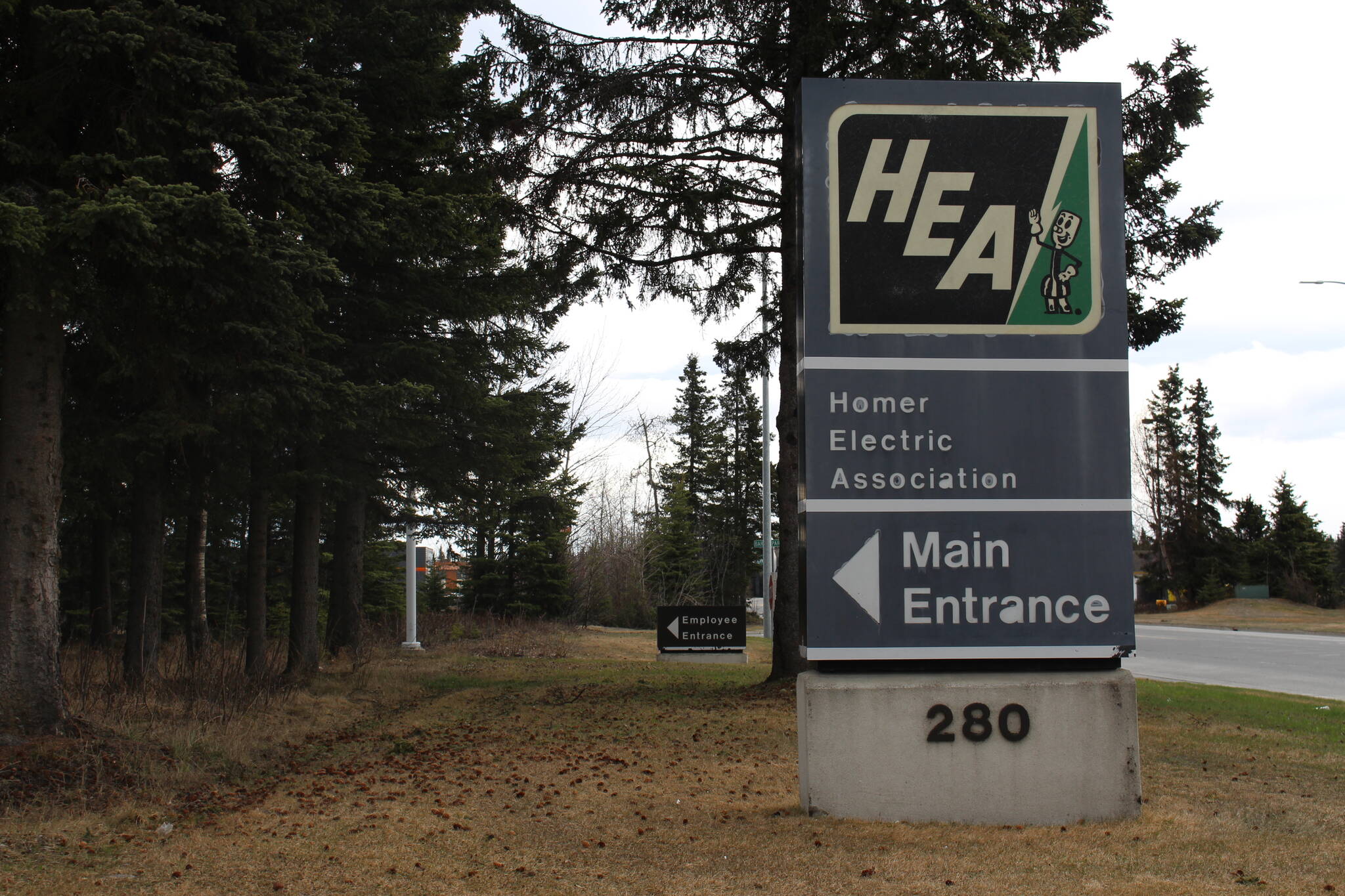During the last meeting, the Homer Electric Association Board of Directors discussed the possibility of ending a program that allows individuals who have invested in solar and wind generation for their homes to remain connected to the grid and/or prevent new participation in one of the greatest benefits of installing renewable energy infrastructure: HEA’s Net Metering Program.
The HEA board plans to discuss and possibly vote on enacting this measure at the upcoming July 9 meeting.
What is the Net Metering Program?
Per HEA’s website, “(The) Net Metering Program is open to all retail members and provides an opportunity for members to install and use certain types of renewable generation to offset monthly electric usage and sell excess power, if any, to HEA.”
Many HEA ratepayers view and utilize this program as a great way to offset energy costs, potentially supply the grid with more power for other members, and be a secure option for those who may not generate enough power to remain off-grid in the dark winter months or when the wind is calm.
Thus far, the Net Metering Program has been hugely popular with the Kenai Peninsula community, especially as the Cook Inlet region anticipates a gas shortage as early as 2027.
Currently, there are arguments that net metering is a subsidy for those who utilize it and that these members are not paying for their share of fixed costs of maintaining the grid.
To clarify on this topic, let’s review the rate structure at HEA. First, HEA has a $20 “customer charge” that every ratepayer contributes to cover fixed costs. Whether you use 1,500 kilowatt hours a month or turn off your lights and unplug all electronics for a month and use 0 kilowatt hours, everyone pays the same fixed charge.
Second, “energy used,” which covers HEA’s regular operating costs, and is charged per kilowatt hour.
Third, the “COPA” (“cost of power adjustment ”), which is a direct pass-through of the cost of natural gas for HEA to generate electricity, is also charged per kilowatt hour. The COPA is the only cost that is reduced for net metering customers because they are generating their own electricity and not consuming the natural gas it currently takes to power the grid.
Note that HEA members who use less than 150 kilowatt hours (such as many who participate in the Net Metering Program) actually pay an additional charge to cover transmission costs, a “system delivery charge.”
What you can do:
If you actively participate in HEA’s Net Metering Program, or are interested in joining the program, reach out to your HEA district representatives to let them know you support net metering! If you do not know who your HEA district representatives are, we are happy to help you identify which HEA district you live in and who your three representatives are.
Member-owners can also voice their concerns at the upcoming HEA meeting. For any questions, comments, or high-fives, please email us at kpratepayers@gmail.com.
Christina Harris is a member of the Kenai Peninsula Ratepayers Alliance.

